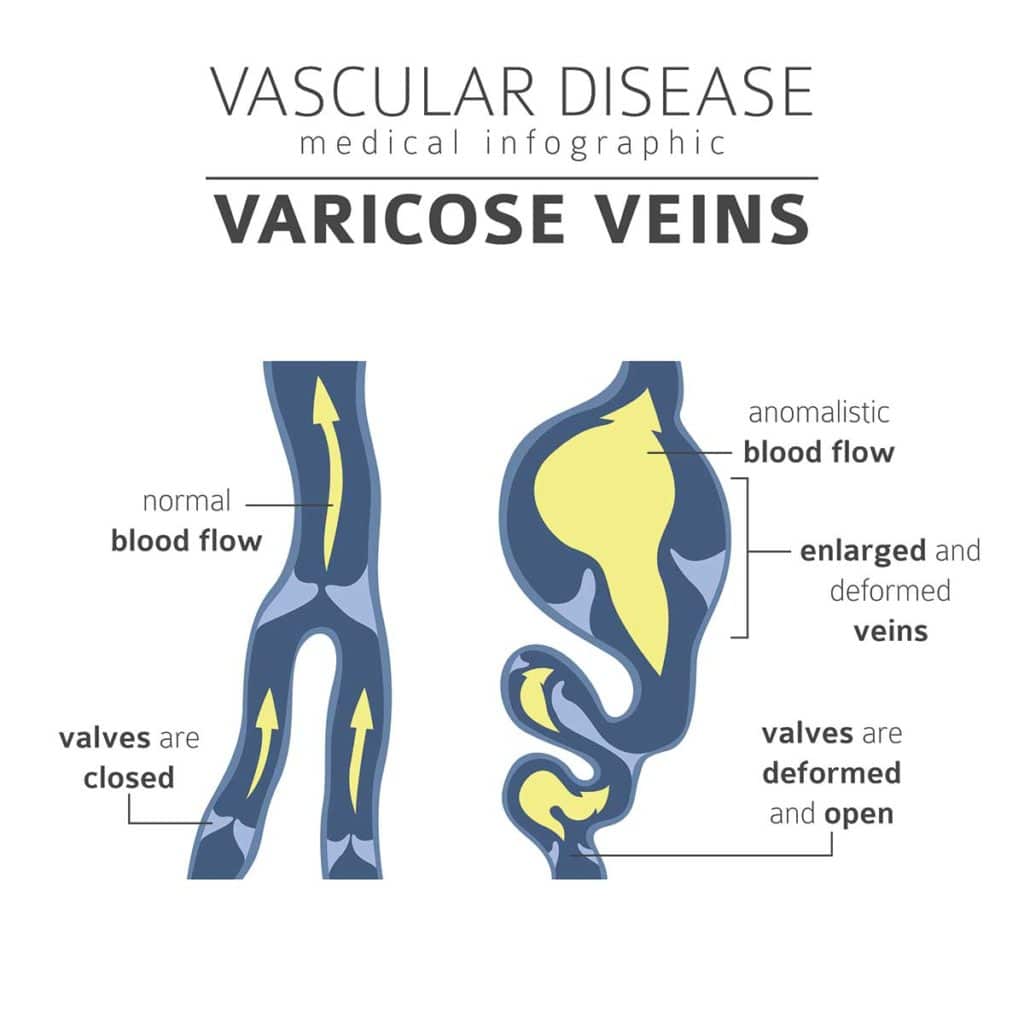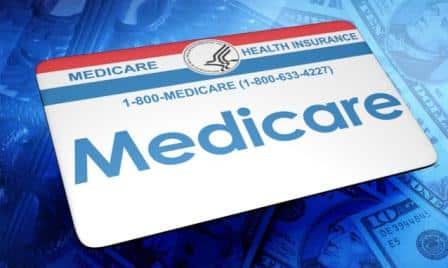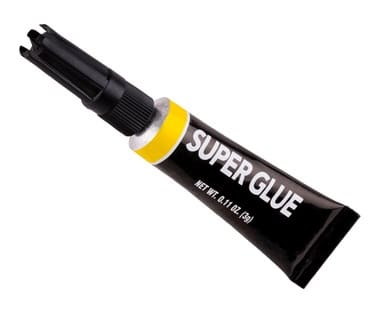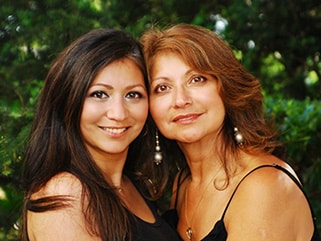Care for Nurses with Chronic Venous Insufficiency
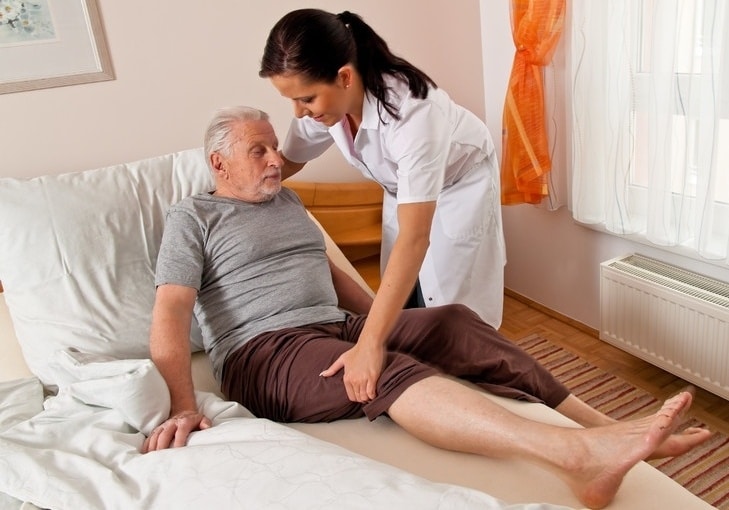
It can hurt to care--just ask any nurse.
As a profession, nurses experience some of the highest rates of varicose veins and Chronic Venous Insufficiency (CVI) in the country. In fact, in one study by the NIH, 63 per cent of participating nurses were shown to have at least one sign of CVI.
Nurses will know that it is important to diligently practice self-care in order to minimize the discomfort of this condition. Elevating the legs, compression stockings, and engaging in calf muscle-contracting exercises such as walking are just some of the home care remedies that can provide occasional relief. As a chronic and progressive condition, the pain, fatigue and other symptoms caused by CVI are likely to worsen.
Fortunately, there are other minimally invasive treatment options that can bring relief from the pain of CVI and varicose veins. If you live and work with any of these symptoms , consider consulting a qualified vein specialist soon to ensure your vascular health is not at risk, and to learn about a treatment plan that is tailored for you.
In the meantime, compression stockings helps if you stand or sit for long periods of time. However, be careful with calf sleeves as they can sometimes cause swelling in the feet because they typically end at the ankle.
CVI risk factors for nurses
There are a number of reasons why nurses are at particular risk for development and progression of CVI. The first reason is their job requires that they stand for long periods; basically, gravity takes its toll. Activities that require standing (or even sitting) for extended periods deprive the body of the benefits of the strong calf muscle contractions produced while walking. This means the heart has to work a lot harder to push the blood through the legs and back up for reoxygenation and recirculation. Over time, the vascular system wearies and becomes less efficient.
The physical strain of the occupation is another notable contributor to the development of CVI. Nurses work long hours, carry out very physical labor, and often perform shift work. This can affect sleep and eating schedules, and these factors can have a negative effect on health, generally, leading to conditions such as insomnia and overweight.
Another factor is gender. Women dominate nursing, and estrogen, oral contraceptives and hormone replacements are known to contribute to the weakening of blood vessel walls. This stretch in blood vessels means more bulging and less efficient return of blood.
Help for nurses with CVI
The good news is that there are qualified vein specialists who care about the wellbeing of nurses. Jilanne Rose is one such specialist. As a board certified doctorate nurse practitioner, she understands the special needs of nurses. Trained by three top Arizona vein specialists-an interventional cardiologist, a cardiothoracic surgeon, and an interventional radiologist-she has completed over 10,000 peripheral vein procedures, and is known for her compassionate care and exceptional outcomes.
If you are experiencing any of the symptoms of CVI, consider consulting with Jilanne today to find out how she can have you back on your feet and doing the work you love, more comfortably, in remarkably little time.
Question & Answer 5 weeks post-EVLT, veins along my inner thigh have turned brown, and one spot is slightly red. Is this normal? Question: It’s my 1st week in Vietnam and I’m here for an additional two-and-a-half weeks. My doctor closed up a vein in my groin area 5 weeks ago. I’ve just noticed on…
Read MoreQuestion: I am 20 years old with a history of undiagnosed autoimmune disease, which is currently in an acute flare. After suffering from a case of phlebitis in greater saphenous vein of the right leg for two months, I was just recently diagnosed with venous insufficiency in both the greater and smaller saphenous veins of…
Read MoreQ & A Pregunta: ¿Qué cubre el seguro, estoy en Medicare con un suplemento. Respuesta: Medicare con un suplemento cubre las visitas a la oficina, los ultrasonidos y las intervenciones necesarias, típicamente al 100%. Por lo general, no hay un gasto de bolsillo asociado con el tratamiento en la oficina.
Read MoreQ & A Question: What do insurance cover, I am on Medicare with a supplement. Answer: Medicare with a supplement covers the office visits, necessary ultrasounds and interventions, typically at 100%. Usually there is not an out of pocket expense associated with in-office treatment.
Read MoreQ & A Pregunta: ¿Cuál es el costo promedio si tiene varices en una pierna y arañas vasculares en la otra? Respuesta: la mayoría del tratamiento de las venas varicosas, si es médicamente necesario, está cubierto por el seguro. Los costes del tratamiento de la vena de la araña varían dependiendo de la cantidad de…
Read MoreQ & A Question: What is the average cost if you have varicose veins in one leg and spider veins in the other? Answer: Most varicose vein treatment, if medically necessary, is covered by insurance. Spider vein treatment costs vary depending on the amount of veins present, if the insurance will cover them (medically necessary) and…
Read MoreVenaSeal El último tratamiento para las varices puede parecer que es directamente de una película de ciencia ficción, pero la sustancia utilizada para cerrar las venas anormales, pegamento del cianocrilato, se ha utilizado en procedimientos médicos y cirugías por décadas. ¡ Créalo o no, el pegamento del cianocrilato se ha utilizado los procedimientos desde 1949,…
Read MoreVenaSeal The latest treatment for varicose veins may seem like it is straight out of a science fiction movie, but the substance used to close off abnormal veins, cyanoacrylate adhesive, has been used in medical procedures and surgeries for decades. Believe it or not, cyanoacrylate adhesive has been used procedures since 1949, and other types…
Read MoreAlgunos buenos consejos generales fueron recientemente compartidos por el Consejo de salud de Estados Unidos sobre varices y arañas vasculares. Hay algunos puntos adicionales que deben ser considerados cuando se discute la salud venosa. Con respecto a lo que hay que recordar; es importante mantener una hidratación adecuada. Al hacerlo, se fomentará un flujo sanguíneo…
Read MoreSome good general advice was recently shared by U.S. News Health Tip regarding varicose and spider veins. There are a few additional points that should be considered when discussing venous health. Regarding do’s and don’ts to remember; it is important to maintain adequate hydration. In doing so, one will encourage healthy adequate blood flow thereby…
Read More

